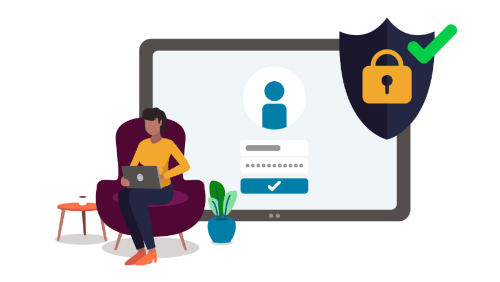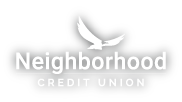
Privacy & Security Center

State-of-the-Art Security
Our MyNCU Mobile app employs the latest in biometric technology to enhance the security of your mobile banking experience. Conveniently access your account using facial recognition, fingerprints, or a username and password.
Our Online Banking platform prioritizes your security with state-of-the-art security measures, including robust two-factor authentication, to ensure your financial information is protected and your online banking is secure.
How do we keep your personal information safe?
What is the NCUA?

Neighborhood Credit Union Security Center: Your Protection Hub
Fake Check Scams
How it Works: Scammers pose as legitimate employers, offering job opportunities with promises of remote work. They send fake checks to applicants, asking them to deposit the funds and then wire back a portion under the guise of covering expenses or purchasing equipment.
How to Avoid: Verify job openings before applying. Research the company to ensure legitimacy. Never deposit checks from unknown sources or send money back to the sender.
Charity Scams
Tech Support Scams
Phishing Scams
Lottery or Prize Scams
Spoofing
Romance Scam
Microsoft Purview Message Encryption
Debit Card Dispute & Fraud Claims Info
File a Credit Bureau Dispute
External Funds Transfer Disclosure
Digital Payments Terms and Conditions
Privacy Policy
Stop.Think.Connect.
Department of Homeland Security (DHS)
Better Business Bureau (BBB)
USA.gov
IdentityTheft.gov
National Cybersecurity Alliance
This organization offers tips and resources to help individuals and businesses stay safe online.

